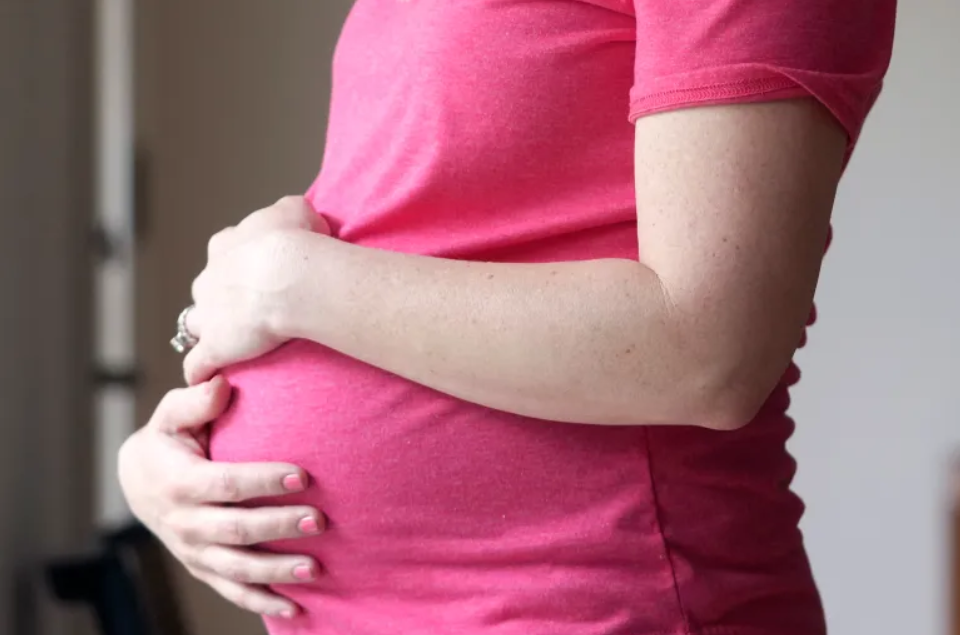New study says pregnancy ages you faster
27-Apr-2024The blood samples underwent analysis to examine various biological indicators linked to ageing, including alterations in DNA referred to as epigenetic modifications.

A study published in Proceedings of the National Academy of Sciences stated that women who have been pregnant show more signs of biological ageing as compared to those who have never had a baby.
Interestingly, the scientists also found out that the biological ageing process accelerates when a woman has had more than one pregnancy.
“We’re learning that pregnancy has long-term effects on the body. They are not all bad, but it seems to increase the risk of some diseases and all-cause mortality," Calen Ryan, associate research scientist at the Columbia University Ageing Center at the Mailman School of Public Health, who led the new research, said.
The blood samples underwent analysis to examine various biological indicators linked to ageing, including alterations in DNA referred to as epigenetic modifications.
As cells mature, they amass molecular marks indicating which genes have been activated or deactivated. These modifications can provide insight into the biological age of cells.
Referred to as "epigenetic clocks," these markers can also reflect the influences of factors such as stress and other physiological and psychological experiences on cells, causing them to appear either older or younger than their chronological age.
Women who had experienced pregnancy showed signs of accelerated biological ageing compared to women of the same age who hadn't been pregnant.
Pregnancy appeared to accelerate ageing by approximately 3 per cent per year as compared to women who had never been pregnant, resulting in an increase of four months to over a year in biological age.
The study further examined the impact of multiple pregnancies on ageing. Women with more pregnancies aged up to five months faster than those with fewer pregnancies, equating to an acceleration of almost 2 per cent per pregnancy.
To delve deeper into the effects of pregnancy, researchers analysed a smaller subset of women over a nine-year period. They found mixed results, with women who had experienced more pregnancies showing greater changes in only two of the epigenetic clocks compared to women with fewer pregnancies.
To ensure the findings accounted for other factors influencing ageing, such as air pollution exposure, smoking, and socioeconomic status, the researchers applied the same six epigenetic clocks to the male participants. Interestingly, they discovered no association between the number of children fathered by men and the pace of their biological ageing.







